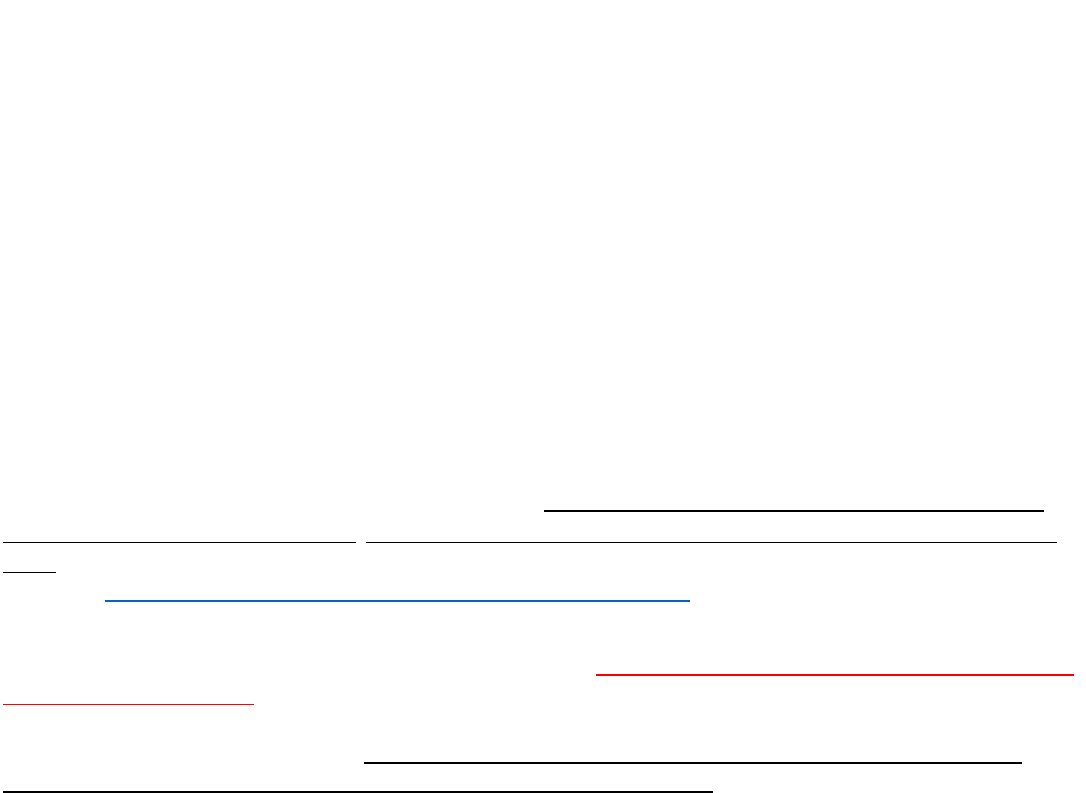
2022-2023 Mrs. A. Dales, M.Ed. – Combs High School AP Literature and Composition
AP English Literature and Composition Summer Assignment, 2022-2023
AP English Literature and Composition Students,
I am looking forward to working with you this year to engage in the important, challenging, and immensely enjoyable
task of studying literature. While this course will help prepare students for the AP English Literature and Composition
Exam, the overall goal of this course is helping students be effective and confident readers, writers, listeners,
speakers, and viewers. Since this is a college-level course, the workload is challenging and expectations are high;
consequently, time management skills are crucial. However, students will find that their hard work, fortitude, and
dedication will be beneficial, rewarding, and gratifying. Further, as this is a college-level course, some texts will cover
more mature content and language, so an appropriate level of maturity is expected from students.
The summer assignment for AP Literature and Composition is designed to prepare you for the college-level reading
demands of this course. The purpose of the AP English Literature Summer Assignment is to keep reading and writing
skills sharp and help students prepare for the class in the fall and the AP English Literature Exam in the spring.
The goal of the AP English Literature and Composition course is described below:
"An AP English course in Literature and Composition should engage students in the careful reading and critical
analysis of imaginative literature. Through the close reading of selected texts, students deepen their
understanding of the ways writers use language to provide both meaning and pleasure for their readers. “As
they read, students should consider a work's structure, style, and themes as well as such smaller-scale elements
as the use of figurative language, imagery, symbolism and tone. Students should read deliberately and
thoroughly, taking time to understand a work's complexity, to absorb its richness of meaning, and to analyze
how that meaning is embodied in literary form. In addition to considering a work's literary artistry, students
should consider the social and historical values it reflects and embodies. Careful attention to both textual detail
and historical context should provide a foundation for interpretation, whatever critical perspectives are brought
to bear on the literary works studied" (The College Board).
The AP Literature test will be given in early May; it is expected that all students enrolled in this course
will register for and take the exam. Students who receive an acceptable score on the test may qualify for college
credit (varies by college). For more information on the Advanced Placement program and tests, see the College Board
website at http://www.collegeboard.com/student/testing/ap/about.html .
I recommend that you begin the work detailed in this summer assignment document early in the summer so that you
can enjoy it rather than rushing through it as we start of school. The most important thing is that the work you
do is authentically yours. Our class discussions will be far more enlightening if we come together and share
original ideas--even if we sometimes take risks in analysis that don’t pay off--than if we regurgitate the
information found in online sources. AP students think for themselves, question what they read, and
present their own ideas to their peers with confidence and conviction. Finally, I do not give busy work; every
assignment I give you has a purpose. I expect you to question everything; this includes readings, assignments, and my
teaching.
Have a great summer!
I will be happy to answer any questions through e-mail at [email protected].
Mrs. Dales, M.Ed.
Overview/Rationale
2022-2023 Mrs. A. Dales, M.Ed. – Combs High School AP Literature and Composition
The first part of the summer assignment is designed to help you prepare for college and the AP Literature
Exam, where skills developed by avid reading are essential. Only the well-read student can respond
intelligently to any essay question on the AP exam; therefore, summer reading is vital to your success. The
summer assignment for AP Literature not only indicates your willingness to work hard, but it also measures
your commitment to the course. Therefore, I’d like you to read a novel selected from the list provided.
Through these texts, we are going to explore symbolism amongst other ideas. Symbolism can take many
forms and should not be confused with allegory—both are discussed in chapter 12 of How to Read Literature
Like a Professor, which is one of the chapters you are to read before reading your chosen novel.
The purpose of the summer reading assignment is complex:
To help build confidence and competence as readers of complex text
To give you, when you enter the class in the fall, an immediate basis for discussion of literature
elements such as theme, characterization, viewpoint, symbolism, plot structure, setting, etc.
To set up a basis for comparison with other works we will read during the year
To provide you with the beginnings of a repertoire of works you can write about on the AP
Literature exam next spring
To establish the mindset of a lifelong learner
To offer you the experience of the intellectual depth and rigor of college level coursework
To expand your repertoire of works of “recognized literary merit” in preparation for the AP exam.
Part two of the summer assignment is to write two short college/scholarship essays. Many of you will be
applying for early decision/entrance into the colleges of your choosing. As your senior English instructor, I
would like for you to get a head start on that process by writing essays based on commonly used prompts
from colleges across the nation. The writing of these narrative essays will help me to see where you are as a
writer and how I can help you improve. In addition, we will be working with college essays when you return to
in August, so having drafts allows us to go directly to the editing, revising, and polishing of the writing
process.
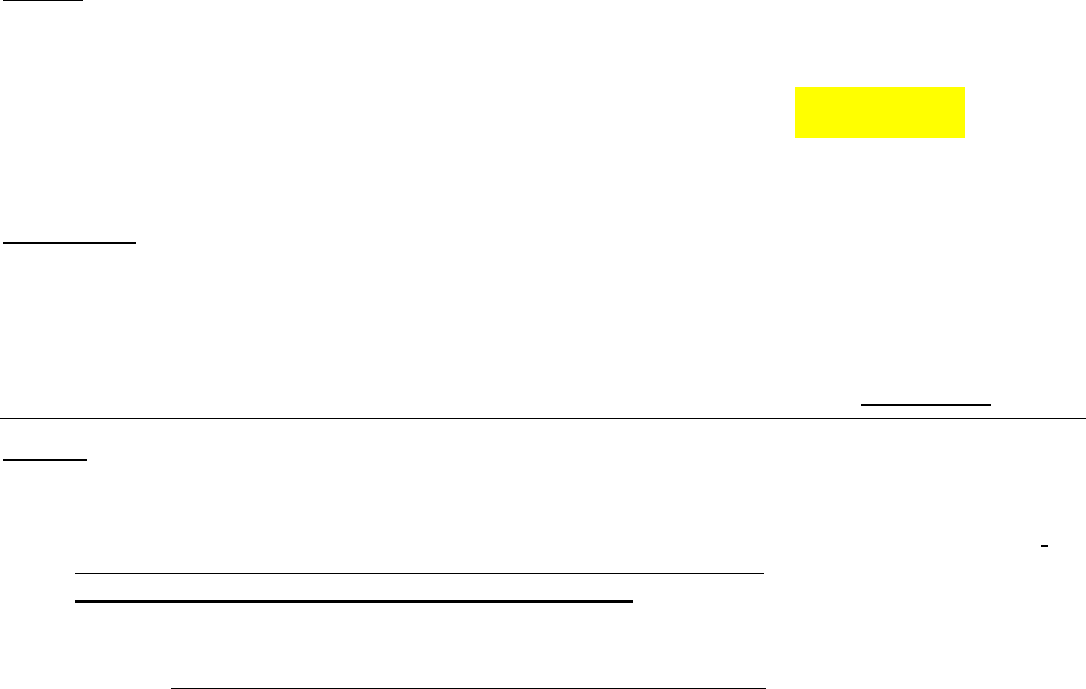
2022-2023 Mrs. A. Dales, M.Ed. – Combs High School AP Literature and Composition
The Assignments
First:
A. Access the Google Classroom and Join Our Class for Access to Important Documents
You will post your summer assignments in the classroom. Any general questions or concerns
should be addressed in an email to me throughout the summer and through next year.
Class Name: 22-23 AP Lit Summer Work Class Join Code: ohfdpow
B: Review The AP ENGLISH Literature Conceptual Framework and other documents
(Attached to discussion thread in Google Classroom).
Review and analyze the information about the course, skills, and the exam.
Written Work
1. Write your personal response to the exam in the discussion thread in the Google Classroom
preferably sometime in June.
o Prompt: Based on what you read in the AP conceptual framework and other documents
provided, write your goals and action plan for this coming year.
o I encourage you to read other personal responses in the discussion thread in Google
classroom and post a thoughtful response to a peer’s initial response—not required.
Next:
B. Download the chapters of the book, How to Read Literature Like a Professor by Thomas Foster
(HTRLLAP) that are included in the Google Class for you already.
a. You may wish to print the document of the five chapters (in order to annotate them). I
have also included the entire pdf of the book if you are interested.
b. Read and annotate chapters 1, 10, 12, 21, and 25.
C. Read and annotate a book from the list below.
If you are using a borrowed copy, annotate on post-it notes. Otherwise, write in your book.
a. Please select a novel that you have NOT read before.
b. You will be tested on the novel in the second full week of the class (via an in-class writing
prompt).
The Adventures of Huckleberry Finn,
Mark
Twain
The Age of Innocence,
Edith Wharton
Anna Karenina,
Leo Tolstoy
Antigone
, Sophocles
The Awakening
, Kate Chopin
Beloved
, Toni Morrison
The Bluest Eye,
Toni Morrison
Brave New World
, Aldous Huxley
Brighton Rock
, Graham Greene
Catch-22
, Joseph Heller
Cat’s Eye
, Margaret Atwood
Ceremony
, Leslie Marmon Silko
A Clockwork Orange
, Anthony Burgess
The Dispossessed
, Ursula K. Le Guin
Dominicana
, Angie Cruz
Don Quixote
, Miguel de Cervantes
The Dragon Can’t Dance
, Earl Lovelace
East of Eden
, John Steinbeck
Fahrenheit 451
, Ray Bradbury
Fences,
August Wilson
The Glass Menagerie
, Tennessee Williams
The Grapes of Wrath
, John Steinbeck
Great Expectations
, Charles Dickens
The Handmaid’s Tale
, Margaret Atwood
The Hate U Give,
Angie Thomas
Homegoing,
Yaa Gyasi
Hope Leslie
, Catharine Sedgwick
The House of the Spirits
, Isabelle Allende
The Hummingbird’s Daughter
, Luis Alberto
Urrea
If Beale Street Could Talk
, James Baldwin
The Inheritance of Loss
, Kiran Desai
Invisible Man,
Ralph Elison
Jane Eyre
, Charlotte Bronte
The Jungle,
Upton Sinclair
Klara and the Sun
, Kazuo Ishiguro
The Kite Runner
, Khaled Hosseini
Les Miserables,
Victor Hugo
Love Medicine
, Louise Erdrich
The Magnolia Palace
, Fiona Davis
The Mill on the Floss
, George Elliot
My Antonia
, Willa Cather
Native Son
, Richard Wright
Never Let Me Go
, Kazho Ishiguru
The Nickel Boys
, Colson Whitehead
Nineteen Eighty-Four (1984)
, George Orwell
On Earth We’re Briefly Gorgeous
, Ocean
Vuong
One Flew Over the Cuckoo’s Nest
, Ken Kesey
One Hundred Years of Solitude
, Gabriel
Garcia Marquez
On Such a Full Sea
, Chang-Rae Lee
Othello
, William Shakespeare
Parable of the Sower
, Octavia E. Butler
A Passage to India
, E.M. Forster
The Poisonwood Bible
, Barbara Kingsolver
Pride and Prejudice
, Jane Austin
The Prime of Miss Jean Brodie
, Muriel Spark
Purple Hibiscus
, Chimamanda Ngozi Adichie
A Raisin in the Sun,
Lorraine Hansberry
The Road
, Cormac McCarthy
Robinson Crusoe
, Daniel Defoe
The Round House,
Louise Erdrich
The Scarlet Letter
, Nathaniel Hawthorne
Sing, Unburied, Sing,
Jasmyn Ward
Slaughterhouse-Five
, Kurt Vonnegut Jr.
The Sun Also Rises
, Ernest Hemmingway
The Turn of the Screw
, Henry James
Things Fall Apart
, Chinua Achebe
Trust,
Hernan Diaz
Unwind
, Neal Shusterman
Vanity Fair
, William Makepeace Thackeray
Violeta
, Isabel Allende
Waiting for Godot
, Samuel Beckett
White Tiger
, Aravind Adiga
The Women of Brewster Place
, Gloria Naylor
Wuthering Heights,
Emily Bronte
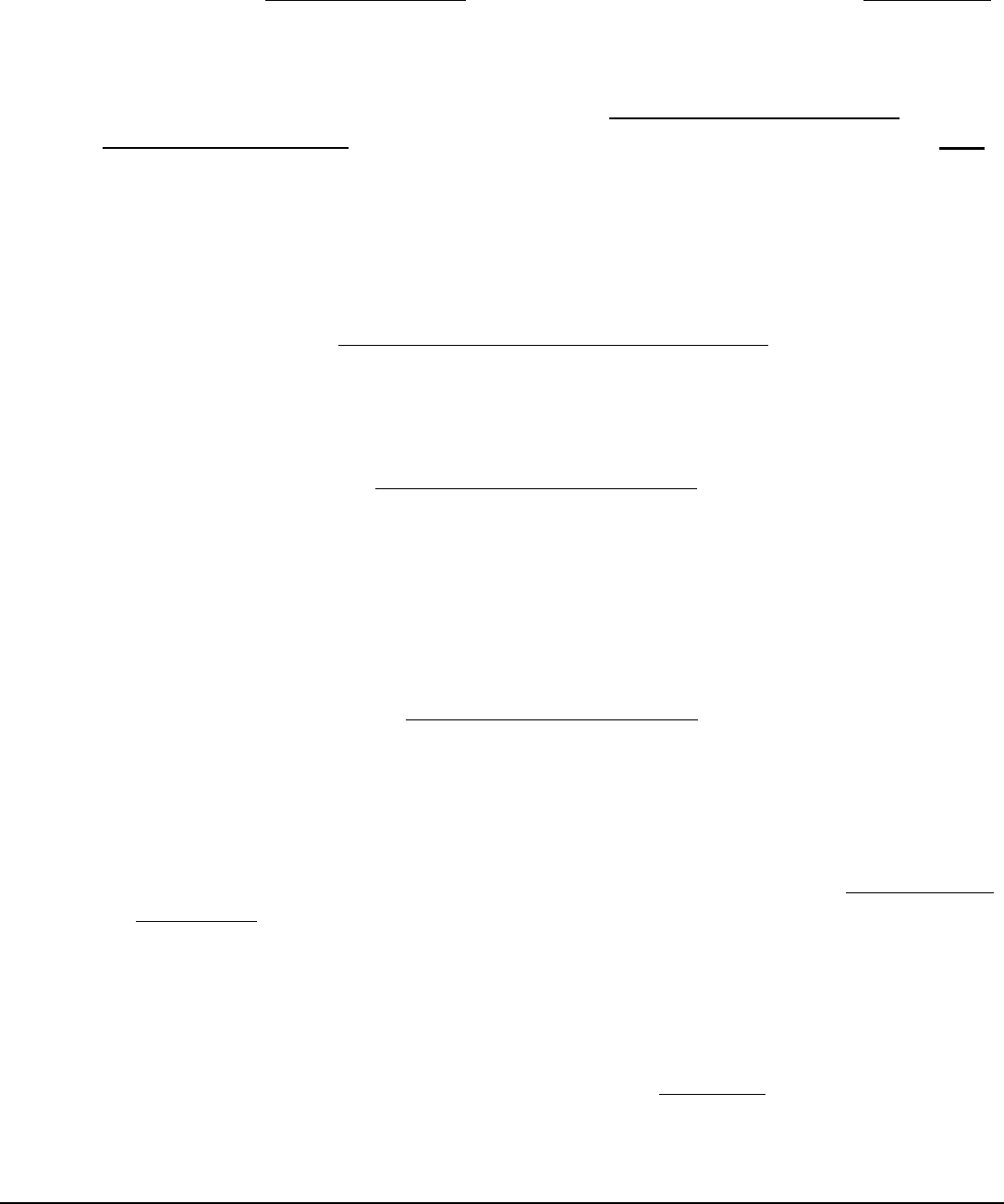
2022-2023 Mrs. A. Dales, M.Ed. – Combs High School AP Literature and Composition
D. Using quotations from both texts (HTRLLAP and your chosen NOVEL) as well as
your own commentary, answer each of the five questions accompanying
each quotation below.
*This should be a well-written discussion (i.e.: detailed—sometimes
multiple—paragraphs) of the message Foster is expressing in HTRLLAP and
the message the author is expressing in his or her novel.
1. Every Trip is a Quest (Ch. 1): “The real reason for a quest is always self-knowledge” (Foster
7).
a. In the novel, what is the quest? Choose a character and explain (in detail) how he/she
gains self-knowledge. Cite from the text as you explain your answer.
2. It’s More Than Just Rain or Snow (Ch. 10): “It’s never just rain” (Foster 44).
a. Choose a scene where weather OR the environment is more than what it seems and
explain the significance. Cite from the text and be detailed.
3. Is That a Symbol? (Ch. 12): “Some symbols do have a relatively limited range of meanings,
but in general a symbol can’t be reduced to standing for only one thing. If they can, it’s not
symbolism, it’s allegory” (Foster 56).
a. Identify a symbol in the novel/play. What is the writer doing with this image or object?
What possibilities are suggested by the movement of the narrative? What does the image or
object FEEL like it is doing? Cite and support from the text.
4. Marked for Greatness (Ch. 21): “How many stories do you know in which the hero is
different from everyone else in some way…” (Foster 102).
a. Who is the hero/heroine of the novel? How do you know he/she is the hero/heroine? Is
there a visible, physical difference between the hero and other characters? Be detailed and
cite evidence.
5. Don’t Read with Your Eyes (Ch. 25): “…take the works as they were intended to be
taken…” (Foster 119).
a. Chose a quote that reflects the overall meaning of the work and explain.
b. What did you glean from this reading experience? Be detailed.
** (Quote citation page numbers are from the pdf version of the specific book chapters that I
provided in Google classroom.)
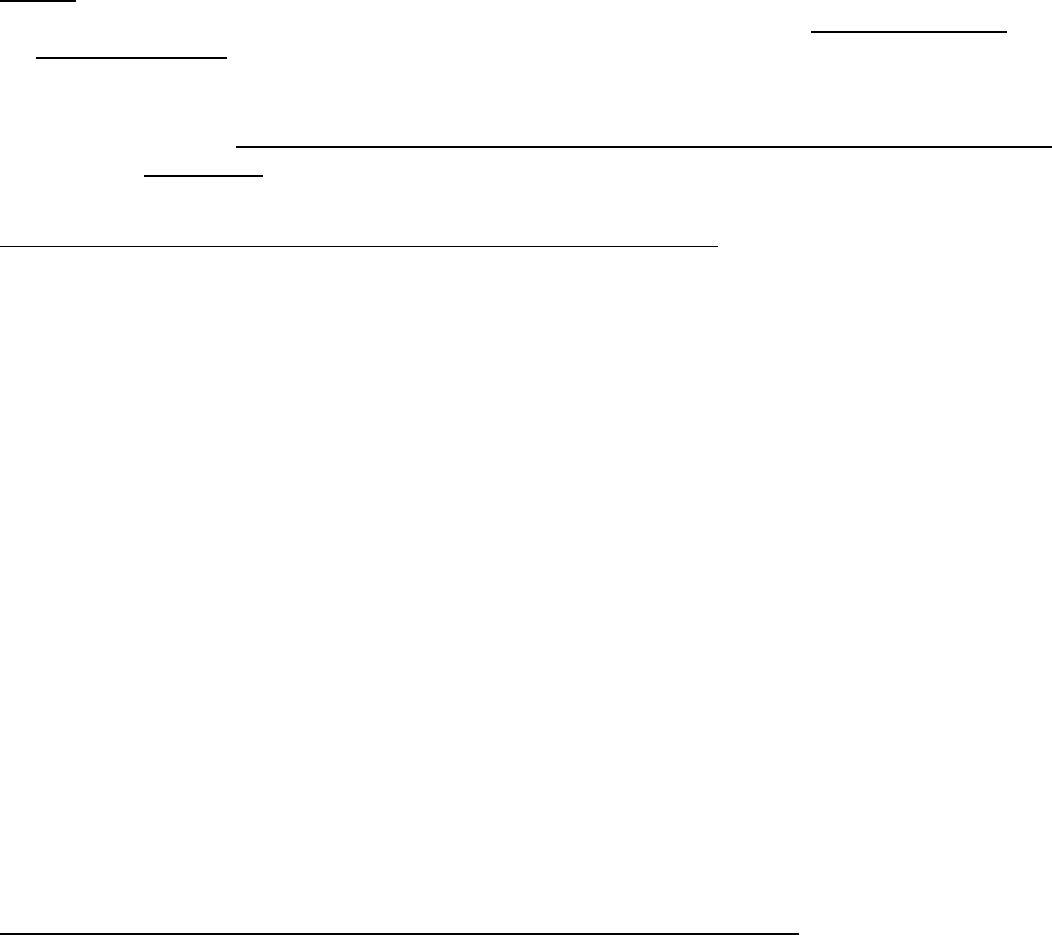
2022-2023 Mrs. A. Dales, M.Ed. – Combs High School AP Literature and Composition
Last:
E. In preparation for the college essays you will be writing, you will choose at least ONE of the
following prompts to which you will respond.
a. The essay length requirements is a minimum of 250 words and a maximum of
650 words.
b. You will type this up in 12-point font, double-spaced, and submit in the Google
classroom.
c. Don’t forget your heading.
2022-2023 Common Application Essay Prompt Choices
1. Some students have a background, identity, interest, or talent that is so meaningful they
believe their application would be incomplete without it. If this sounds like you, then please
share your story.
2. The lessons we take from obstacles we encounter can be fundamental to later success. Recount a time
when you faced a challenge, setback, or failure. How did it affect you, and what did you learn from the
experience?
3. Reflect on a time when you questioned or challenged a belief or idea. What prompted your
thinking? What was the outcome?
4. Reflect on something that someone has done for you that has made you
happy or thankful in a surprising way. How as this gratitude affected or
motivated you?
5. Discuss an accomplishment, event, or realization that sparked a period of personal
growth and a new understanding of yourself to others.
6. Describe a topic, idea, or concept you find so engaging that it makes you lose all track of
time. Why does it captivate you? What or who do you turn to when you want to learn
more?
7. Share an essay on any topic of your choice. It can be one you’ve already written, one that
responds to a different prompt, or one of your own design.
You will need to do a considerable amount of introspection to complete these essays. This is meant to be
personal and should reveal your intellect, desire, and character. This is an application in which you should
NOT TELL a story; rather, you should SHOW who you are through your personal experiences. YOU MUST
SHOW WHAT YOU HAVE LEARNED ABOUT YOURSELF!
Hints/Helps for Responding to the College Application Essay Prompts
A great application essay will present a vivid personal and compelling view of you to your teacher and/or a college
admission board.
Narrow your topic and keep your focus on one great idea. Admissions officers read hundreds of essays each day, and they
have many submissions on the same few topics. Try to make yours unique.
Avoid writing about the 4 “D’s”: death, divorce, drugs, and depression. Don’t think that you must have had a tragedy or
trauma in your life to have a good essay topic. You can write about common happenings such as riding a bicycle or failing
a test; the magic comes in how you approach the topic.
Make sure the real you comes out in your essay. VOICE is the most important: your personal voice must be
communicated through your writing style.
After you have finished, ask yourself if anyone else could have written the essay. If the answer is “yes,” it is not personal
and individual enough for an admissions essay.
Avoid using passive verbs like “is/was” or “are/were,” and replace them with active verbs that show action and emotion.
You obviously must write in first person about one of your favorite subjects: YOURSELF! Although you should write in
first person, avoid overusing personal pronouns like “I” and “my,” etc.
Although the structure is truly up to you, do make sure your reader can follow with a clear beginning, middle, and end.
THERE ARE ALSO LINKS TO SHORT VIDEOS AND THE LIKE THAT CAN HELP YOU WITH THIS ESSAY!
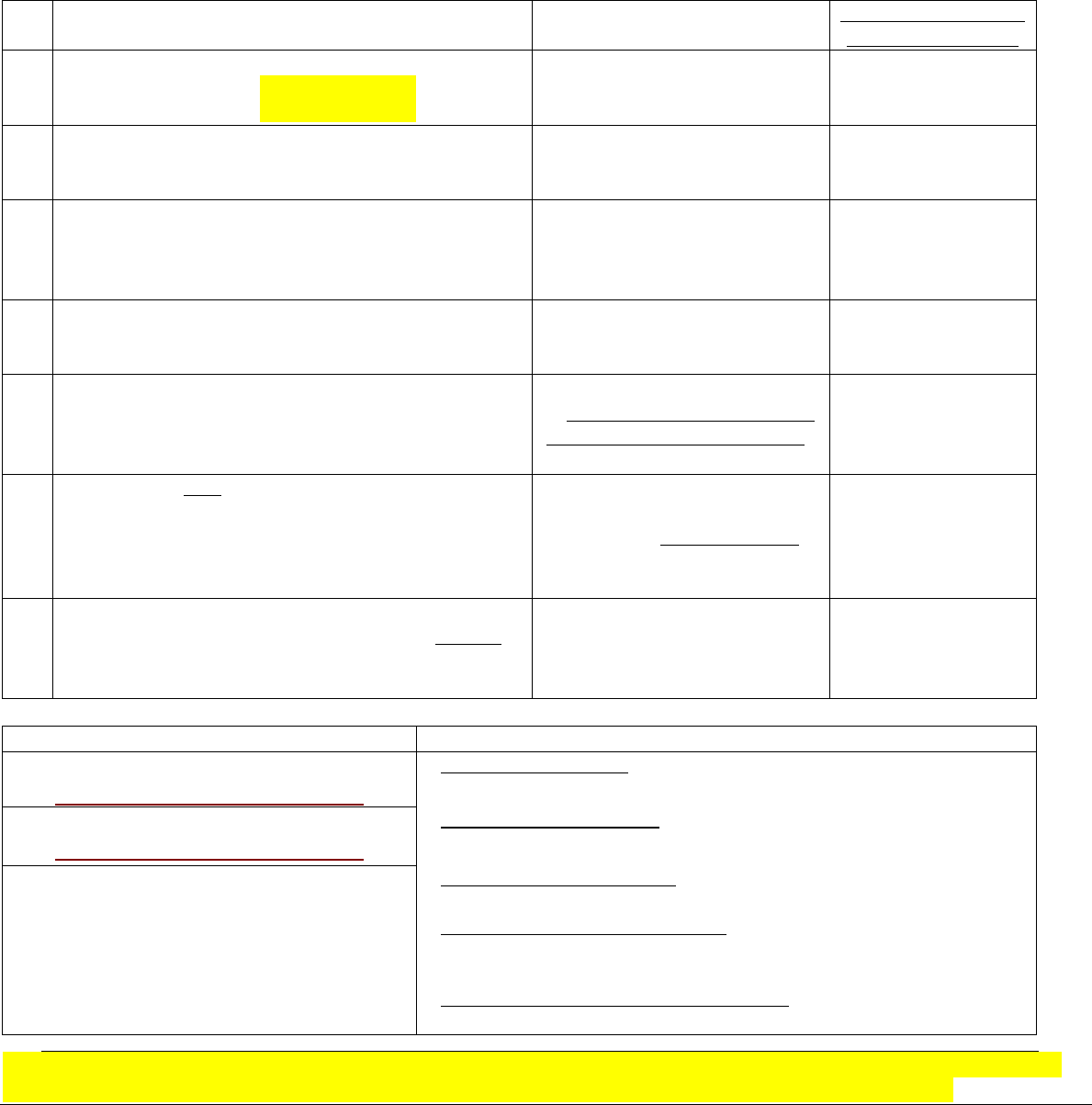
2022-2023 Mrs. A. Dales, M.Ed. – Combs High School AP Literature and Composition
Recommended Pacing Guide
What’s Due
Where
Recommended Dates
for Pacing Purposes
A
Join Class: 22-23 AP Lit Summer Work Class
Join Code: ohfdpow
Google Classroom
(must use your school email)
ASAP
B
Write a Reflective Response to AP Literature
Conceptual Framework and Other Documents in
Google Classroom
Google Classroom—Post to
Discussion Topic
Recommended to
complete by end of
June
C
Read (and take notes on)
chapters 1, 10, 12, 21, & 25
Of How to Read Literature Like a Professor (HTRLLAP)–
Thomas Foster
Google Classroom
(You can access the pdf file once
you join the class.)
Before reading your
chosen novel
D1
Choose and Acquire Your Novel from the List
Provided
(there are over 70 books listed)
Library, bookstore,
amazon.com, etc.
ASAP
D2
Read, & Annotate your chosen novel from the List
Provided.
In your novel
**Need to HAVE a copy of your
novel WITH YOU for the essay!!
May check
annotations first few
weeks of school
E
Complete the FIVE required questions for your novel;
you are applying what you learned from the HTRLLAP
chapters. (Each should be lengthy and include
evidence from HTRLLP & your novel/play)
You may type up (MLA
formatting required) or legibly
write out in blue or black ink.
You will turn in a physical copy.
Recommended
Pacing Date
Questions done by
around 07/15/2021
F
ONE (minimum) college essay response (250-650
words each).
Upload to the appropriate
assignment in the Google
Classroom.
(MLA formatting required)
Recommended
Pacing Date both
done by around
07/25/2021
Final Due Dates
Late Policy
Novel Questions
Due no later than 07/29/2022
On or before due date (11:59 submission for online items, end of day
for handwritten items): Full credit (up to 100%)
College Essays
Due no later than 08/01/2022
One day/class meeting late (11:59 submission for online items, end of
day for handwritten items): 10% deduction from earned score
Novel In-Class Essay Assessment
Tentatively Planned for the week of
8/1 or 8/8 (on the block day)
Two days/class meetings late (11:59 submission for online items, end of
day for handwritten items): 25% deduction from earned score
Three-Five days/class meetings late (11:59 submission for online items,
end of day for handwritten items): 50% deduction from earned
score
Any later than five days/class meetings late (11:59 submission for online
items, end of day for handwritten items): ZERO
**Students entering class during the summer months will complete the summer work, as it is clearly indicated
as a requirement for the course in the catalog. Modified due dates will be provided as warranted.
Assessment: Assessment is holistic, based partially on completion, and partially on the quality of your work;
specifically, I am looking for accurate and thoughtful answers, well-developed and supported.
I look forward to working with you all next year!
Mrs. Andrea Dales, M.Ed.
